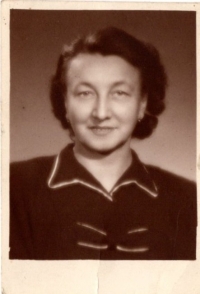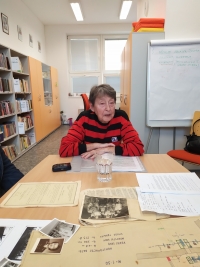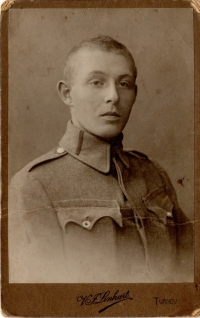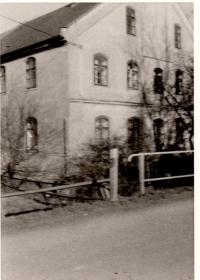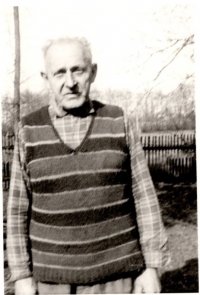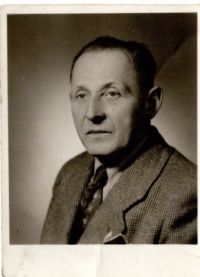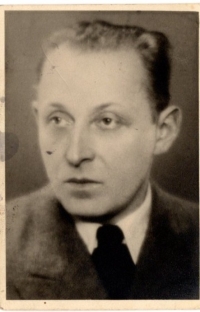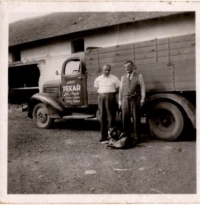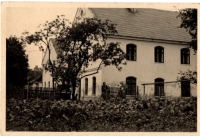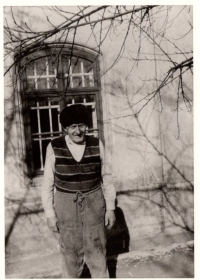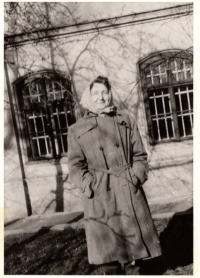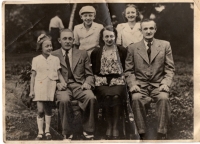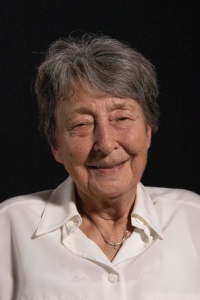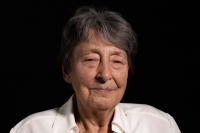When the war ended, people were in euphoria, they thought that nothing like that could happen again. But it’s still the same

Download image
Věra Velínská was born on 6 September 1935 in Jičín into the family of miller Josef Pekař. In 1930 he rented a mill in Lejkov in the Mělník region. He electrified it, introduced new technologies and built a prosperous company that imported flour to the surrounding area. During the war, Josef Pekař was imprisoned twice for unauthorised milling and the Gestapo constantly checked the mill. Fortunately, the Nazis did not know about his involvement in the resistance and supplying the partisans. On 9 May 1945, the Pekař family survived the bombing of fleeing Germans by Red Army planes. In the following days, they welcomed Soviet soldiers, two of whom they accommodated in the mill. In November 1947, Věra’s father bought the mill, but after the February coup the communists nationalized it. They were labelled kulaks and they were constantly followed by the police. In 1951 Josef Pekař was imprisoned again. Věra graduated from the business school and she made a living as an administrative worker - for many years she worked in the company Geoindustria, which in the 1960s took over the mill in Lejkov. After the Velvet Revolution, Věra and her siblings restored the mill, but it was in dilapidated condition. In 2003 it was sold to a private owner who is gradually reconstructing it. Věra Velínská still lives in the house next door.
